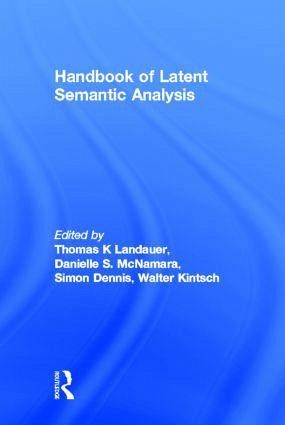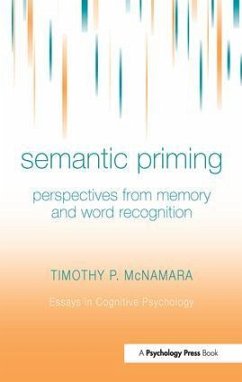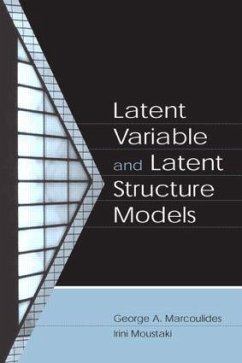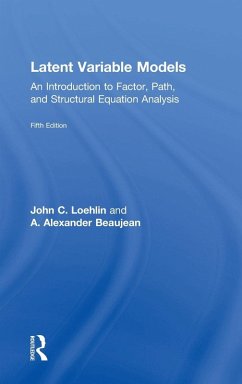
Handbook of Latent Semantic Analysis
Versandkostenfrei!
Versandfertig in 1-2 Wochen
262,99 €
inkl. MwSt.

PAYBACK Punkte
131 °P sammeln!
The Handbook of Latent Semantic Analysis is the authoritative reference for the theory behind Latent Semantic Analysis (LSA), a burgeoning mathematical method used to analyze how words make meaning, with the desired outcome to program machines to understand human commands via natural language rather than strict programming protocols. The first book of its kind to deliver such a comprehensive analysis, this volume explores every area of the method and combines theoretical implications as well as practical matters of LSA. Readers are introduced to a powerful new way of understanding language phe...
The Handbook of Latent Semantic Analysis is the authoritative reference for the theory behind Latent Semantic Analysis (LSA), a burgeoning mathematical method used to analyze how words make meaning, with the desired outcome to program machines to understand human commands via natural language rather than strict programming protocols. The first book of its kind to deliver such a comprehensive analysis, this volume explores every area of the method and combines theoretical implications as well as practical matters of LSA. Readers are introduced to a powerful new way of understanding language phenomena, as well as innovative ways to perform tasks that depend on language or other complex systems. The Handbook clarifies misunderstandings and pre-formed objections to LSA, and provides examples of exciting new educational technologies made possible by LSA and similar techniques. It raises issues in philosophy, artificial intelligence, and linguistics, while describing how LSA has underwritten a range of educational technologies and information systems. Alternate approaches to language understanding are addressed and compared to LSA. This work is essential reading for anyone-newcomers to this area and experts alike-interested in how human language works or interested in computational analysis and uses of text. Educational technologists, cognitive scientists, philosophers, and information technologists in particular will consider this volume especially useful.












